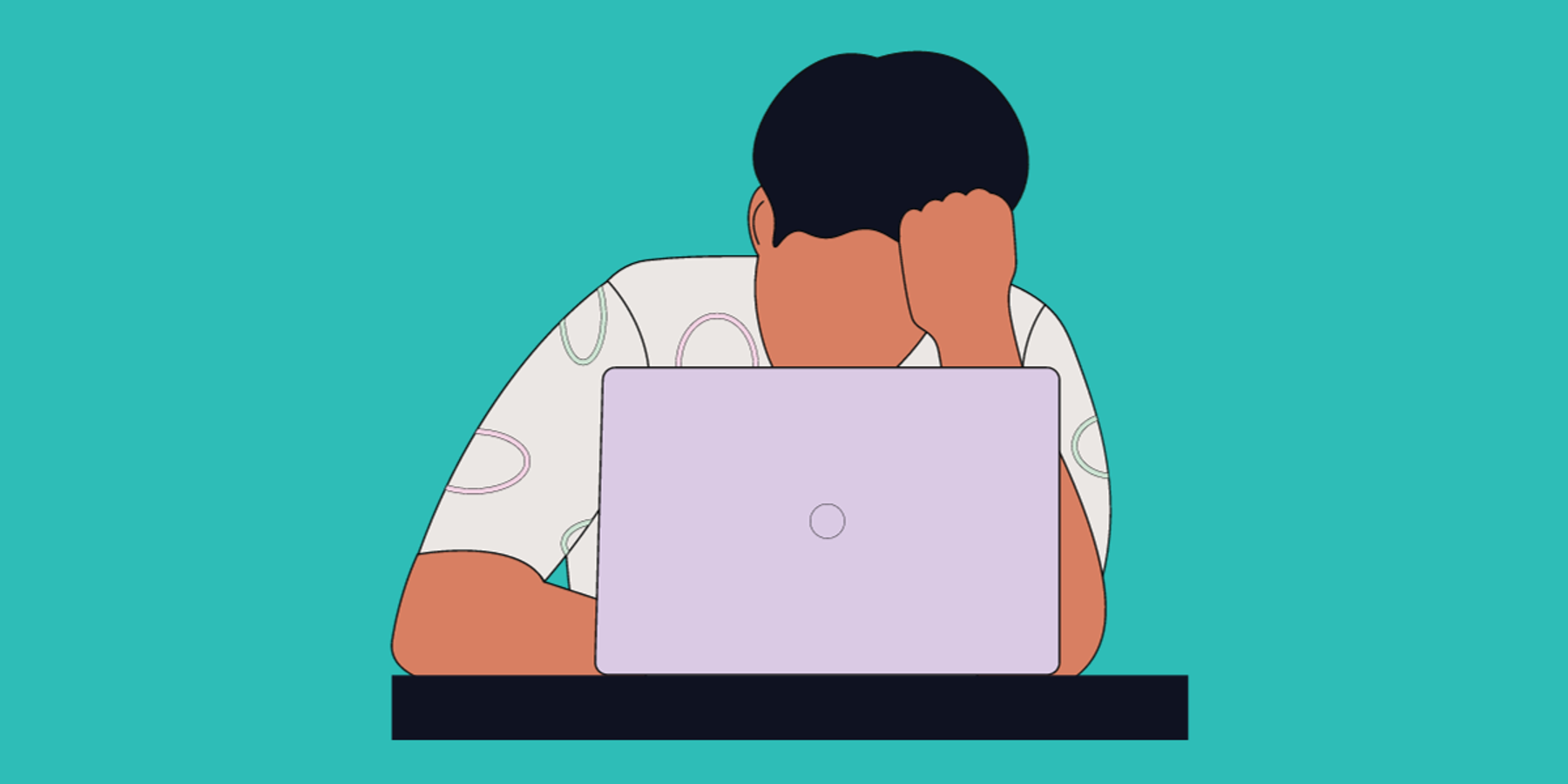It's not that dads are taking no parental leave; the NYT reported this week that 90% of fathers take some time off of work after the birth of their children.
But they're not taking much of it: 76% of them are back to work within a week of their child's birth or adoption. The Times report highlighted that the majority of fathers take less than 10 days off before returning to work.
An explanation was offered: men might feel stigmatized for taking leave, or worried they'll miss out on future opportunities.
And sadly, that's valid, since that's what often happens to women who take extended maternity leave. Meredith Guerriero, head of U.S. partnerships at Pinterest, spoke to AdAge about the effects of her maternity leave on her career: "When you're out on mat leave, it's kind of like you're out of sight, out of mind. I remember having a situation where I was not promoted because I was on mat leave. They will say it's not because of that, but I think about all the women I know who have had similar situations."
But a new white paper from the Boston College Center for Work & Family, reported the Times, found more than 60% of men took the full amount when one thing was true:
The leave was fully paid.
Women, on the other hand, don't need leave to be fully paid to take advantage of it. In the study cited, 93% of mothers took the maximum amount of time off, compared to 62% of fathers.
If we look at rates of taking parental leave in California, where a recent state policy provides paid parental leave to both men and women, but capped at 60 or 70% of parents' wages or a max benefit of $1,300 per week, we see the same thing. After the policy was put in place, women took five weeks more parental leave than before, whereas men took only a few days more.
It's not that women care less about money than men. Per the co-author of the study, it might be that men are under more pressure after the birth of a child to maintain stable income, especially if they are part of a heterosexual couple and their partner needs to take time off work, regardless of whether or not it's paid, in order to physically recover from giving birth.
Only 20-30% of companies offer paid parental leave at all, and until paid family leave is made law at the federal level, that number will only increase on a one-off basis, as individual companies decide to offer it or states pass local policies to mandate it.
But it's important that as companies (and states and ideally the whole country) start to offer paid parental leave, that it be fully paid for both parents so that both of them have a chance to bond with their child.
As of now, many companies distinguish between primary caregivers, who are often given up to 16-20 weeks of paid time off, and secondary caregivers, who sometimes get only 2-4 weeks, if they're given leave at all.
That distinction, applied at birth, can have consequences that last for a child's whole life. It falsely posits that one parent, often the mother, is more important to or better at raising the child than the other, setting families up to share childcare unevenly.
The benefits of fathers taking parental leave apply to everyone in the family:
- Fathers who take paternity leave are less likely to get divorced for as many as six years after the birth of a child versus fathers who don't
- Children whose fathers took two or more weeks of paternity leave reported feeling closer to them versus children whose fathers took no leave
- When fathers take paternity leave at birth, partners are more likely to equitably divide household tasks and chores
- And the partners of fathers who take leave are more likely to stay in the labor force and bring in more household income
And benefits even apply to the companies themselves. A LinkedIn report on paid paternity leave and the culture of not taking it noted that "it's very profitable not to drive people — both women and men — out of the labor force."
Family leave is in a dire state in America, which is the only industrialized country (and one of only three countries overall!) in the world that does not mandate paid parental leave.
We have a long way to go until our family benefits are on par with those of other nations or until those benefits are available to workers not in tech or banking, including and especially hourly workers and contract workers. But companies can at least start by making sure all parental leave, not just primary-parent leave, is paid.
---
Want to discuss this topic further? Join us for a conversation about the importance of empowering fathers in the fight for the gender equality.




